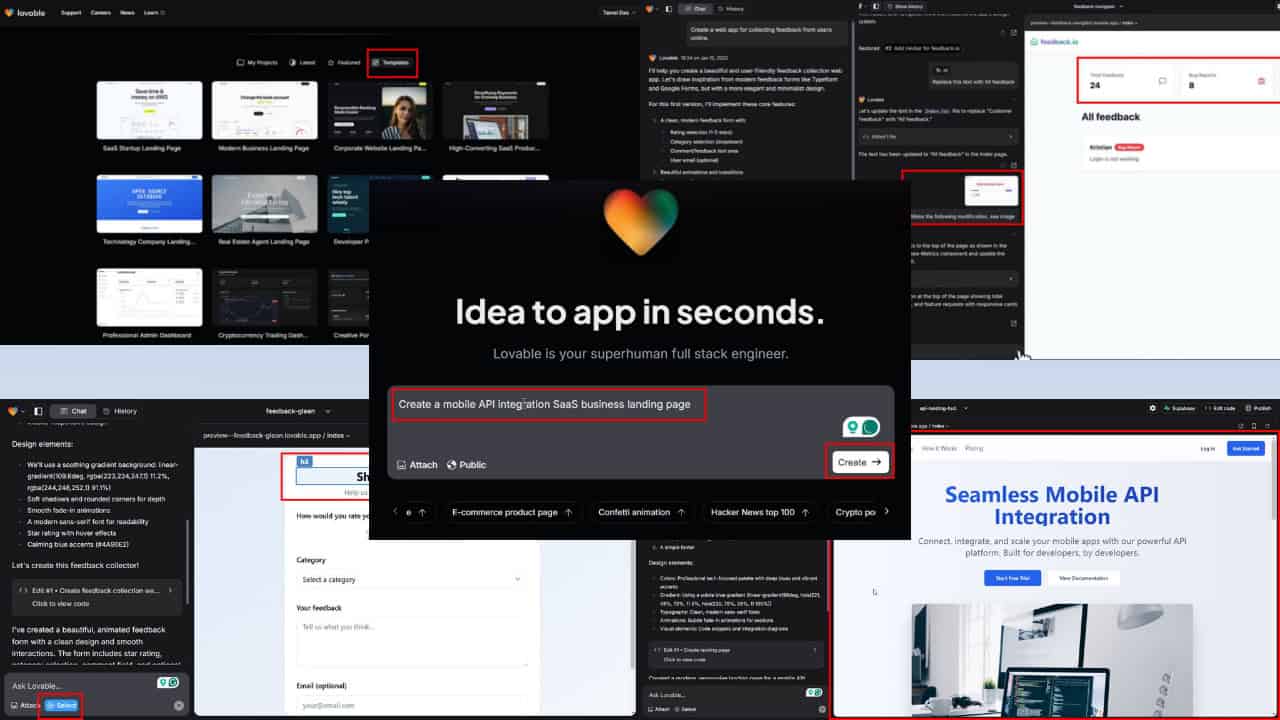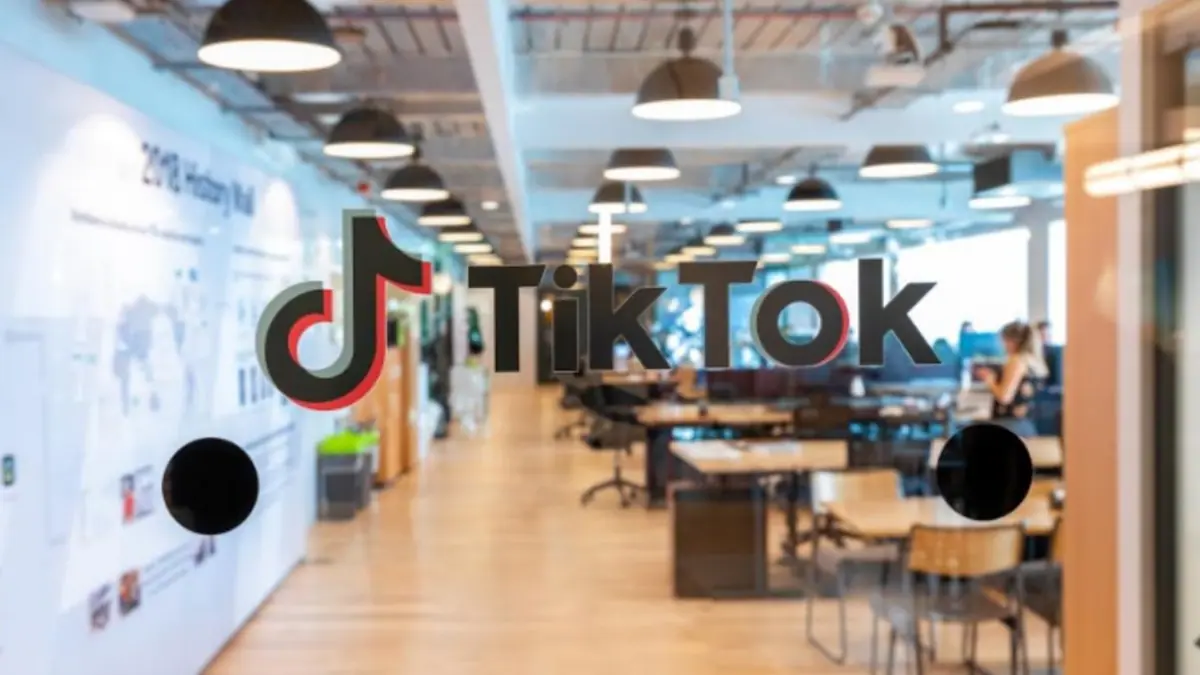Alienware says Windows 10 is killing SteamOS, but is that the whole story?
3 min. read
Published on
Read our disclosure page to find out how can you help MSPoweruser sustain the editorial team Read more

Two years ago Steam Machines running Valve’s Steam OS appeared to be a real threat to Windows, promising to shear off a major faction of PC users, the PC Gamers, and forcing Microsoft further from the consumer market.
It turns out those fears have been overblown, with Windows-based PC gaming stronger than ever, and Steam machine sales not very impactful.
In an interview in PC Gamer one of the early proponents of Steam machines, Alienware co-founder and general manager Frank Azor revealed that they are selling “significantly” more of their Alpha “steam machines” running Windows than Steam OS.
He credits this to the much larger Windows gaming library, and also due to Microsoft refocussing on gamers, reducing the necessity for an alternate PC gaming ecosystem.
“I think the landscape two years ago was very different to what it is today,” Azor said. “The catalyst for the Steam Machine initiative was really around what Microsoft’s decisions were with Windows 8, and if you remember that operating system, it really stepped away from gamers in a big way. We were concerned as an industry that we were going to lose PC gamers on the Windows platform to any other platform that was out there, whether it was console, Mac OS X, Android.”
In response in 2014 , Valve announced a long list of hardware companies with SteamOS-operated living room PCs in development, and alongside the still-in-development Steam Controller.
“Valve ran into some delays with the controller, and while that was occurring, Windows 10 was being released,” Azor said. “I think Microsoft learned a very valuable lesson – a lot of valuable lessons – with Windows 8 and tried to correct those with Windows 10. It’s more gamer focused, I would say. Every subsequent release has focused on gamers. Although their execution isn’t perfect, it’s definitely improved compared to Windows 8.”
Some however see this view as revisionist to what really happened – that Steam Machine was Gabe Newell’s attempt to break free from dependence on Windows after his own locked garden was threatened by the Windows Store in Windows 8, which could potentially offer much of the features of Steam to a much wider audience.
In the interim the resounding failure of the Windows Store to attract gamers and the ongoing success of Steam on Windows has removed much of the impetus for steam OS and Steam Machines.
Windows 10 has in fact gone out of its way to accommodate gamers, with new initiatives such as Play Anywhere trying to expand the Xbox gaming market to PCs also. So far there has however been limited uptake.
Azor however warms Microsoft to keep their focus on their most vocal supporters, saying ” I think what’s more important is that Microsoft continues to pay attention [to the fact] that they are at risk of losing Windows as a gaming platform if they don’t continue to invest in gamers. I think Steam Machines and what we did with Valve is a reminder to Microsoft, a kick in the butt, so that they realised what they could stand to lose.”
The full interview can be read here.









User forum
0 messages